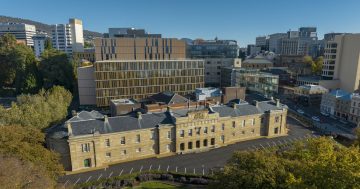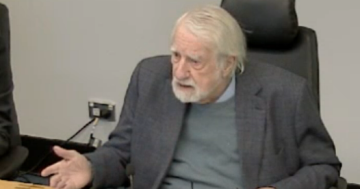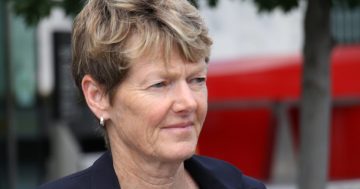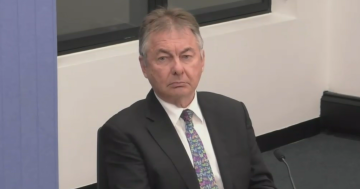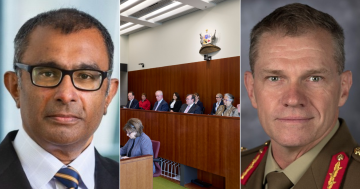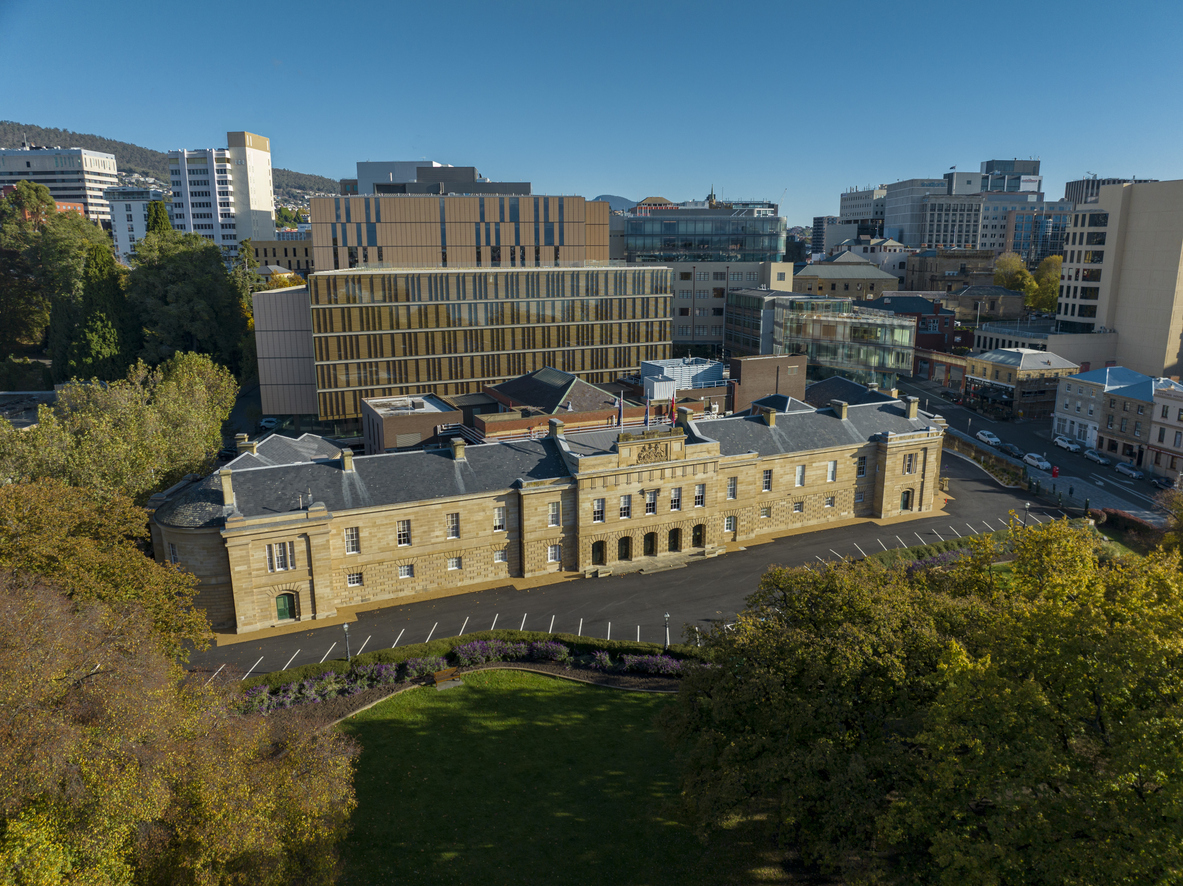
“We are not deaf to the growing public sentiment that the commission is not fit-for-purpose,” reads the ICT report. “The marginal increase to our funds in the 2024-25 budget does not meet our needs.” Photo: AngryBird.
The Tasmanian Government’s recent CEO appointment to the Integrity Commission Tasmania (ICT), Ellen McKenzie, faces a difficult task at the helm of Australia’s “most under-funded integrity body”.
Just last month its Chief Commissioner and board chair, Greg Melick AO SC, tabled the anti-corruption agency’s annual report in Tasmania’s Parliament with a pointed foreword.
“We acknowledge all our staff for the achievements of the past year, which were made despite legislative and resourcing constraints,” wrote Mr Melick. “Regrettably, our investigations are protracted as our staff are forced to juggle multiple competing priorities.
“At the time of writing, the CEO’s position remains vacant, and we have been without in-house legal counsel for eight years – nearly as long as we have been waiting for much-needed amendments to the Integrity Commission Act 2009 (Tas).
“We call on the current parliament to properly resource and empower us to be the integrity commission Tasmanians deserve.”

Ellen McKenzie was most recently the deputy director of Litigation and External Intervention-Professional Standards within the NSW Law Society. Photo: LSNSW.
In January, ICT’s then-CEO Michael Easton quietly resigned after 10 years in the role with Julia Hickey stepping in in an acting capacity.
At the time of Mr Easton’s exit, former opposition leader Rebecca White accused the majority Liberal government of not being transparent and failing to prioritise integrity. However Chief Commissioner Melick dismissed those claims as “incorrect and unwarranted” because his exit was over “personal and lifestyle reasons”.
Mr Melick noted the CEO’s departure on 29 April in the report, writing of how he “championed engagement as a way of maximising our impact in the public sector” and was “instrumental in bolstering our educational capability building and research functions”.
But the Chief Commissioner didn’t mince words when noting the body’s prevailing issues, a subject that’s been raised by many others in past years.
One central concern is a loophole that doesn’t allow the watchdog or parliamentary committees to investigate elected members while a state election campaign is underway. The commission was unable to investigate two alleged corruption referrals in the 2018 and 2021 state elections, which independent MLC for Clark, Kristie Johnston, believed occurred again this year.
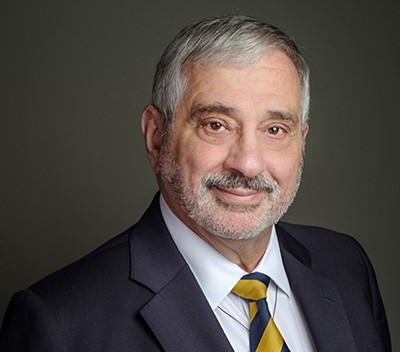
Greg Melick is a Major General in the ADF, national president of RSL Australia, and part-time deputy president of the Commonwealth Appeals Tribunal. Photo: ICT.
More recently on 13 August, Greens MLC Cassy O’Connor moved to acknowledge issues with ICT and resolve its funding and resource shortfall in Tasmania’s Upper House.
According to Hansard the former member for Denison, which was renamed Clark, said after 15 years “it is a reasonable question to ask how effective has the integrity commission been?
“Why is it subject to regular public criticism?” asked Ms O’Connor.
“One of them is that it is a small place, Tasmania, and almost inevitable the integrity commission would be constrained to some extent in the way it operated, as a result of the closeness of the community that we live in.
“Close connections played out, because in all the time the integrity commission has existed, it has never held a public hearing.”
The Greens MLC said “we should ask why,” because the ICT “has made clear that it does not want to hold public hearings, because there is a concern that would destroy reputations”.
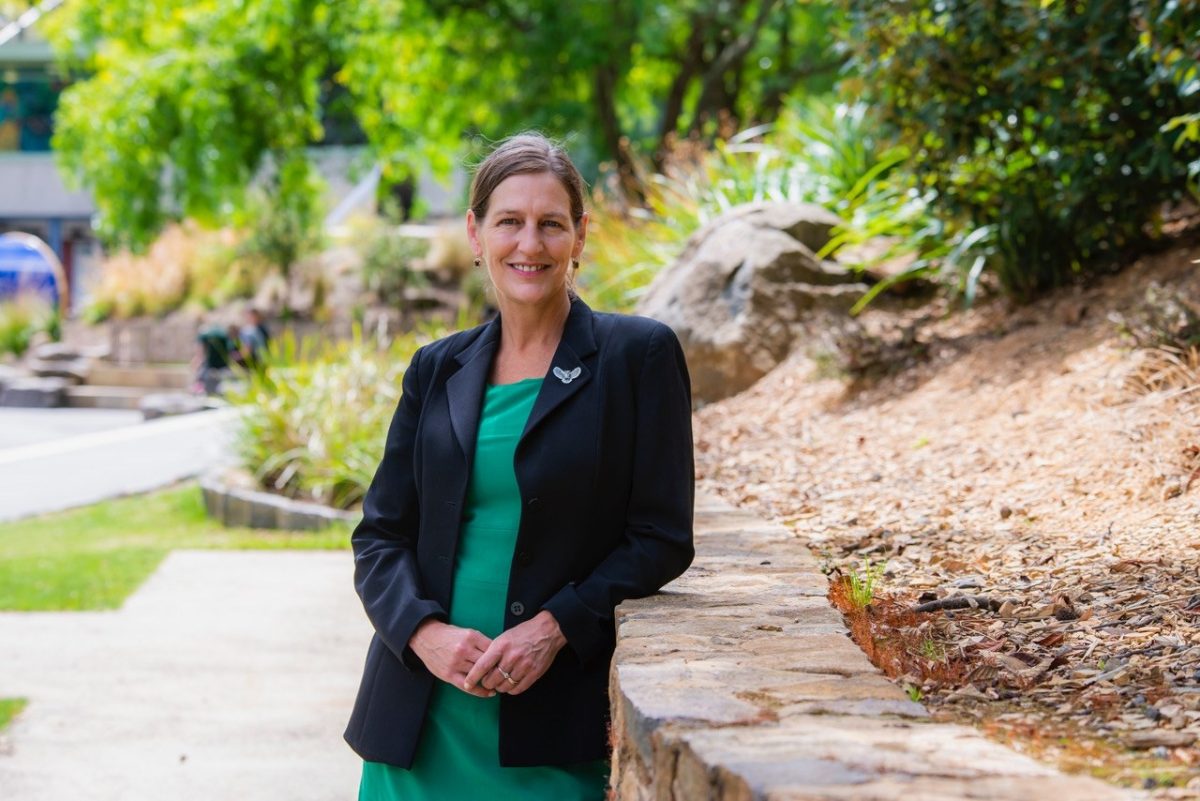
Cassy O’Connor became the first ever Greens member elected to Tasmania’s Upper House in May, following a 15-year stint in the Lower House. Photo: Facebook.
The Upper House member continued in referencing the body’s poor funding that’s meant “significant investigations … have been sitting with it [ICT] for two or three years”.
“We are dealing here with a body that operates on about $3.6 million a year and has five full-time equivalent staff. It is manifestly under-resourced, and the question is: Is that by design?”
MLC deputy leader for the Liberals Jo Palmer noted the government’s public comments on the matter in recent Question Time sittings, which Ms O’Connor noted but said was not enough.
“It is encouraging to hear government indicate in-principle support for an increase in integrity commission funding,” she said. “On that basis I will not be calling a division on this motion … but little bits of extra funding do not lead to it being properly funded.”


